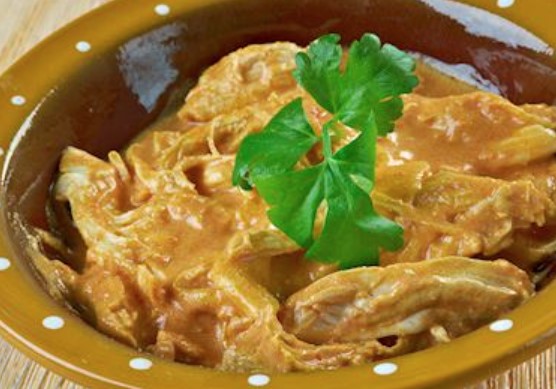Introduction: Exploring Gabonese cuisine
Gabon, the country located in Central Africa, is known for its rich cultural diversity and unique cuisine. Gabonese cuisine is characterized by a combination of local and international flavors, with an emphasis on fresh ingredients and bold flavors. The cuisine is heavily influenced by the country’s location, with seafood being a staple ingredient in many dishes.
Gabonese cuisine is a delight for food lovers, but for vegetarians, it can be challenging to find suitable dishes. Traditional Gabonese dishes are often meat-heavy, with vegetable dishes being limited in number. However, with some exploration, vegetarians can find a variety of delicious Gabonese dishes that are both satisfying and flavorful.
Vegetarianism in Gabon: Challenges and opportunities
Vegetarianism is not very common in Gabon, and vegetarian options can be limited in restaurants. However, with the growing awareness of the health benefits of a plant-based diet, there is an increasing number of people who are adopting vegetarianism in Gabon. This has led to more vegetarian-friendly options becoming available in the country.
For vegetarians, the key challenge is to find traditional Gabonese dishes that do not contain meat. While some dishes, such as plantain and cassava dishes, are inherently vegetarian, others require some modification to make them meat-free. This challenge has also presented an opportunity for Gabonese chefs to experiment with new vegetarian dishes that incorporate local ingredients and flavors.
Traditional Gabonese dishes with meat
Traditional Gabonese dishes are often meat-based, with beef, chicken, and fish being popular ingredients. Dishes such as Nyembwe Chicken, a spicy chicken stew, and Ntchabo, a fish stew made with palm oil, are iconic Gabonese meat dishes. Another popular meat dish is Nyembwe Beef, a beef stew made with peanut butter, spices, and vegetables.
Other traditional Gabonese dishes that contain meat include Grilled Fish with Spicy Tomato Sauce, which is made with fresh fish, tomatoes, onions, and peppers, and Poulet Moambe, a chicken stew made with moambe sauce, which is a rich, red sauce made with palm nuts.
Vegetarian-friendly Gabonese dishes
Vegetarian-friendly Gabonese dishes include plantain dishes, cassava dishes, and bean dishes. Plantain dishes include Fried Plantains, which are sliced plantains that are fried until crispy, and Plantain Fufu, which is a dough made from boiled plantains. Cassava dishes include Cassava Fufu, which is a dough made from boiled cassava, and Cassava Leaves Stew, which is made with cassava leaves, peanut butter, and spices.
Bean dishes are also popular in Gabon and include Bean Stew, which is made with red beans and vegetables, and Black-Eyed Pea Fritters, which are deep-fried patties made from black-eyed peas, onions, and spices.
Ingredients and preparation of Gabonese vegetarian dishes
The key ingredients used in Gabonese vegetarian dishes are plantains, cassava, beans, peanuts, and vegetables such as okra, eggplant, and spinach. Gabonese cuisine uses a lot of spices, including ginger, garlic, and chili peppers, which add flavor to vegetarian dishes.
Most Gabonese vegetarian dishes are prepared by boiling or steaming the ingredients, which helps to retain their nutrients. Stews and soups are also popular, with peanut sauce being a common base for many dishes. Fresh herbs, such as parsley and cilantro, are also used to add flavor to vegetarian dishes.
Conclusion: Savoring Gabonese cuisine as a vegetarian
While traditional Gabonese dishes may be meat-heavy, there are many vegetarian-friendly options available for those who want to explore the cuisine. By exploring local markets and restaurants and experimenting with Gabonese ingredients, vegetarians can savor the bold flavors and unique blends of Gabonese cuisine.
As more people adopt vegetarianism in Gabon, there is an opportunity for chefs to experiment with new dishes and modify traditional dishes to make them meat-free. Gabonese cuisine is a diverse and exciting cuisine that is worth exploring for both meat-eaters and vegetarians alike.

